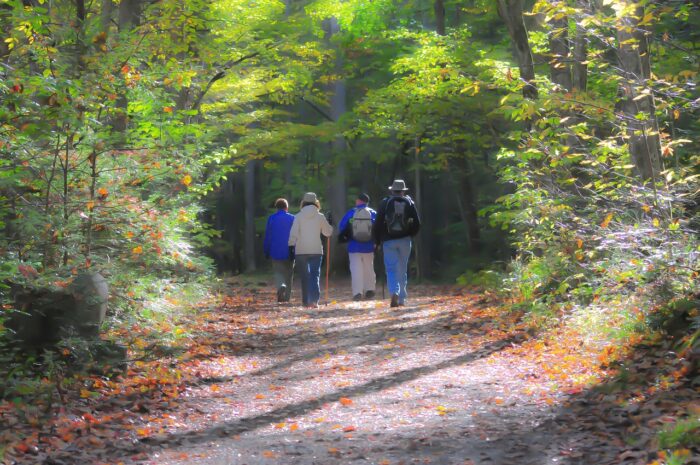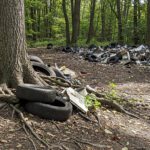
Tennessee state and national parks are treasures that showcase the state’s stunning natural beauty and diverse ecosystems. Our parks are a refuge for wildlife and a sanctuary for nature lovers, hikers, families and tourists seeking the tranquility of the outdoors. However, the sustainability and preservation of these parks are under threat from a seemingly small but significant issue: litter.
The Impact of Litter on Wildlife and Ecosystems:
Litter, which includes everything from plastic bags and bottles to discarded fishing gear and cigarette butts, poses a serious threat to wildlife. Animals can ingest or become entangled in discarded trash, leading to injury or death. For example, birds often mistake small pieces of plastic for food, obstructing their digestive systems. Additionally, litter disrupts the natural habitats and food sources of wildlife, altering the ecological balance of our parks. Read more about how litter impacts the local wildlife.
Water Quality and Soil Contamination:
Litter not only affects the land but also the waterways within our parks. Plastics and other non-biodegradable materials can trickle chemicals into streams, rivers and lakes, affecting the water quality and posing a hazard to aquatic life. Items like cigarette butts contain toxins that can contaminate the soil and water, affecting plant growth and soil health.
Aesthetic Impact and Visitor Experience:
One of the biggest attractions of our national and state parks is their beauty. Litter undermines this natural beauty, diminishing the visitor experience. A clean park is more appealing and promotes respect and responsibility towards nature. Preserving the aesthetic value of our parks is essential for maintaining tourism and the economic benefits it brings to local communities.
Simple Habits for a Cleaner Park
When hiking, camping, or just visiting parks, it’s crucial to adhere to the principle of ‘pack it in, pack it out.’ Bringing reusable containers and bags for snacks, meals, and other items helps minimize waste. Properly disposing of trash and recycling ensures that the natural environment remains pristine for future visitors. By practicing responsible waste management, we preserve scenic landscapes and uphold the integrity of these natural treasures for generations to come.
A Clean Park Benefits Everyone
By preventing litter, we contribute to healthier park environments that are safer for visitors and wildlife. Clean parks attract more visitors and promote outdoor enjoyment, which is associated with several health benefits, including lower stress levels and enhanced mental well-being, which is especially important in today’s fast-paced world, where natural sanctuaries offer a vital escape.
Take Action to Protect Our State and National Parks
Join us in our efforts to keep Tennessee’s parks pristine. Participate in local clean-up events, follow park rules and encourage others to do the same. Remember, every small action counts in the larger mission to protect our natural heritage. Together, we can make a difference in the beauty of Tennessee.



